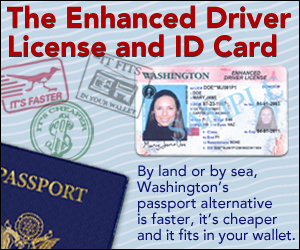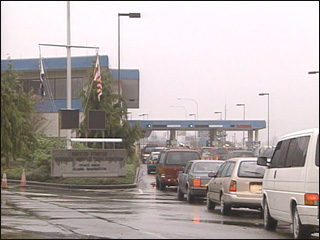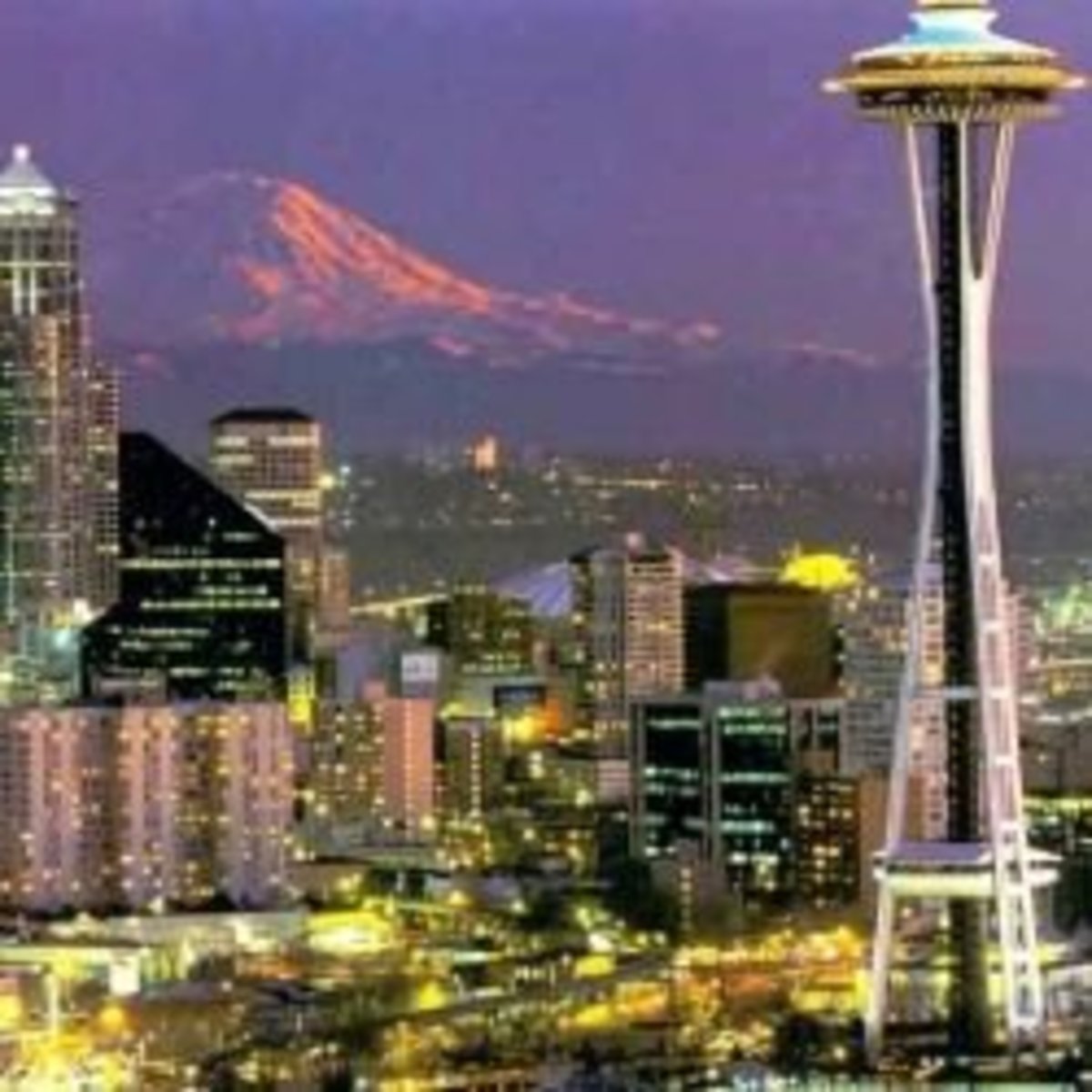Washington State Offers Enhanced Driver's License

Washington State first issued the Enhanced Driver License and ID Card (EDL/ID) on January 22, 2008. This new ID is completely voluntary, but if you choose to get it, the ELD/ID will securely carry both your identity and citizenship information. Washington has worked with British Columbia to create this new technology, making it possible for carriers of this ID to use it as an alternative to a passport for re-entering the United States at land and sea border crossings.
Washington State is using RFID (Radio-Frequency Identification) technology to store information in the enhanced IDs. This allows Customs agents to read the cards remotely before the traveler even gets to the inspector’s booth.

The enhanced licenses and ID cards use RFID technology by means of computer chips and antennae to store and transmit data through radio waves. RFID technology makes it a lot more convenient for both travelers and agents when it comes to border crossing and proving accurate information. However, this same technology that makes it convenient also puts card carriers at risk.
RFID technology is similar to bar codes with how it stores information by using a unique identifying number. However, RFID tags can be read silently from a distance while bar codes cannot. This means that those carrying the new enhanced cards can have their information read remotely without knowing it is happening.
Some people are concerned that their civil liberties will be at risk by using the enhanced IDs, which are currently optional and not mandatory for Washington residents. Non-enhanced IDs can only be read if the person carrying it presents it to the reader, but the enhanced cards allow anyone with the capability to read it remotely. The enhanced IDs don’t actually have a ton of identifying information embedded inside of it, but actually have a code that is used to pull up information from the DOL (Department of Licensing) database.
The concern lies around the fact that these codes use unique, identifying numbers, which could be used for tracking people. U.S. passports also use RFID technology, but are embedded with security that disables them from being read unless the passport cover is opened.
As long as the enhanced licenses remain optional, it all comes down to choice: people can choose between convenience and security.








